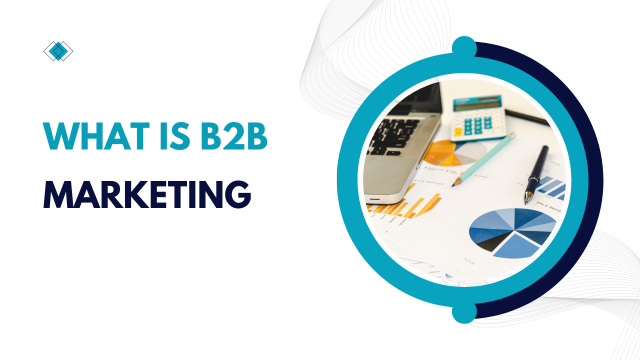Understanding B2B Business-to-Business Marketing How to be Successful
In today’s business environment, B2B marketing is an area through which businesses grow and raise revenues in companies whose product or services are sold to another business. This is completely different from Business-to-Consumer, or B2C marketing, as B2B marketers have to deal with organizations, thereby a separate sales, communication, and brand-building strategy must be implemented.

What is B2B Marketing
This implies the strategies and tactics in which companies use to publicize and sell their goods and/or services to other businesses but not individual consumers, therefore focusing on B2C or Business-to-Consumer marketing. For this instance of marketing to other businesses, the focus of B2B includes other companies, organizations, and even other entities that necessitate certain products, services, or solutions to sustain business operations. Unlike consumer-driven markets, which are usually based on personal preferences and emotions, B2B purchases are usually based on business needs, budget, and returns on investment. The sales cycles tend to be longer, and the decision-making process usually involves multiple stakeholders or departments, such as procurement, finance, and upper management.
Challenges in B2B Marketing
- Extended Cycle for Decision-Making Process: The long sales process associated with B2B sales can be challenging as one cannot easily predict revenues, thus estimating how a campaign works also is not possible. This needs patient and persistent marketers.
- Extremely Competitive: Business-to-business markets are, on many occasions, highly competitive where many companies are gunning for the same set of decision-makers. It only calls for a unique value proposition, better customer service, and even different types of marketing strategy.

